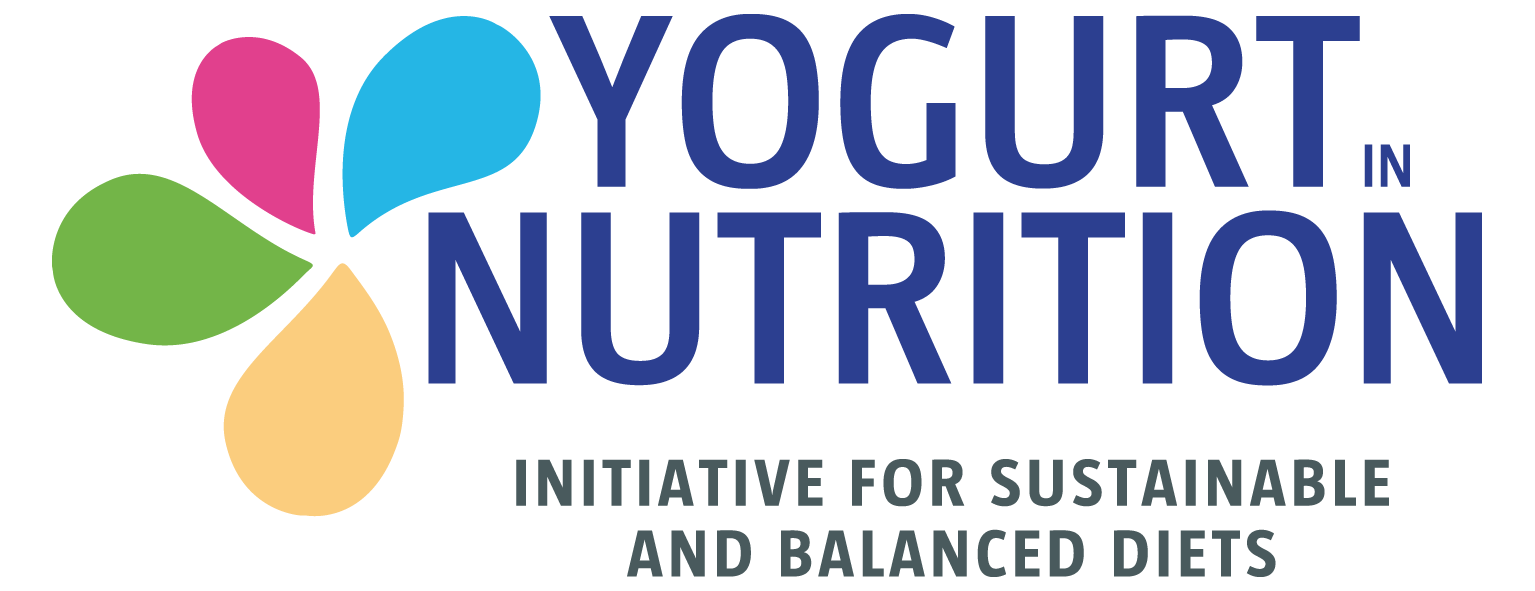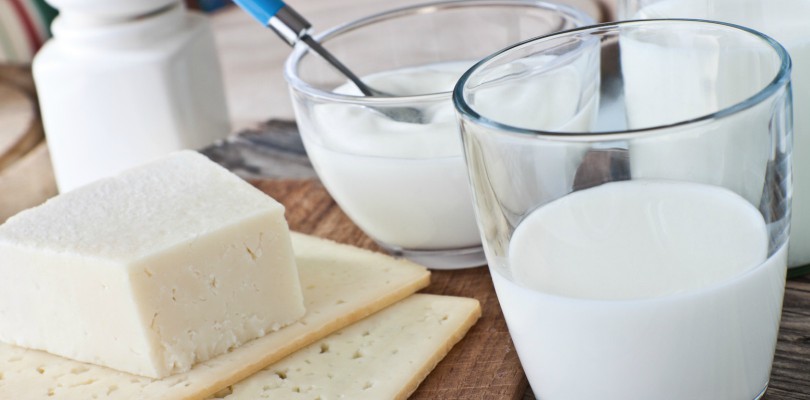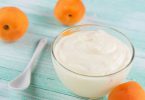Dietary fats can affect glucose metabolism and insulin sensitivity and may therefore play a crucial role in the development of type 2 diabetes (T2D). Studies have indicated that replacing saturated fat with monounsaturated and polyunsaturated fats might be favourable in the prevention of T2D. In line with this, it has been suggested that plant sources of fat may be a better choice compared with animal sources.
Indeed, high intakes of red meat and meat products have been shown to increase the risk of T2D. Nevertheless, several epidemiological studies have indicated that a high intake of dairy products may actually be protective. As a result, the importance of dietary fat content and food sources of fat requires further clarification. In this new study, the authors aimed to examine intakes of main dietary fat sources, classified according to fat content, and their association with the risk of developing T2D.
The study involved 26,930 individuals (60% women), aged 45-74 years, from the population-based Malmö Diet and Cancer cohort. Dietary data was collected with a modified diet history method. During 14 years of follow up, 2,860 incident T2D cases were identified. Modelling was used to estimate hazard ratios (HR) of diabetes incidence in quintiles of energy adjusted dietary intakes.
High fat, low risk
The researchers found that a high intake of high-fat dairy products was associated with a 23% lower incidence of T2D for the highest consuming 20% of participants (or quintile) (median=8 portions/day) compared with the lowest consuming 20% (median=1 portion/day).
In relation to intakes of specific high-fat dairy foods, an increased intake of cream (30ml or more per day in the highest consuming 20%, versus 0.3ml per day or less in the lowest consuming 20%) was associated with a 15% reduction in the risk of developing type 2 diabetes. Consumption of high-fat fermented milk also reduced the risk of developing diabetes by 20%, when the highest consumers (180ml/day, the top 10% of consumers) were compared with the non-consumers (60% of participants).
In contrast to these findings, there was no association found between intakes of low-fat dairy products and a risk of developing type 2 diabetes.





